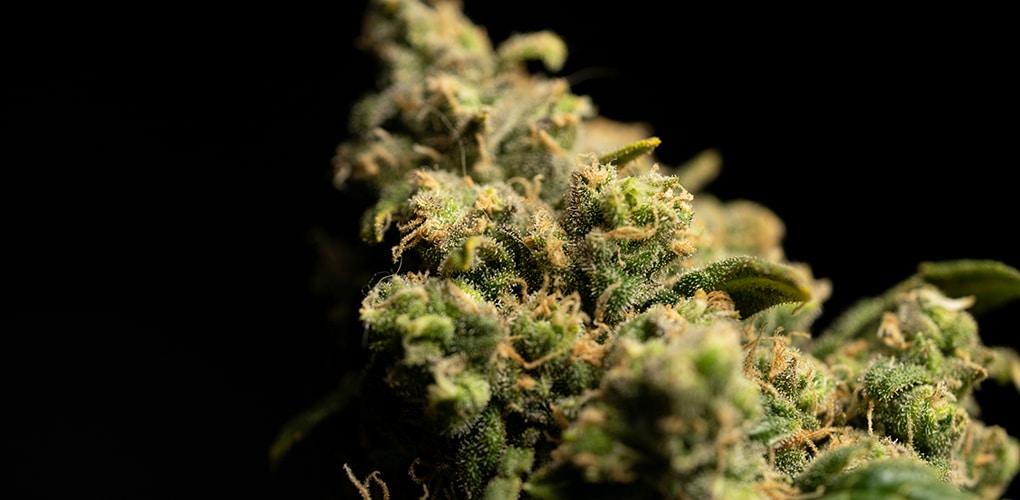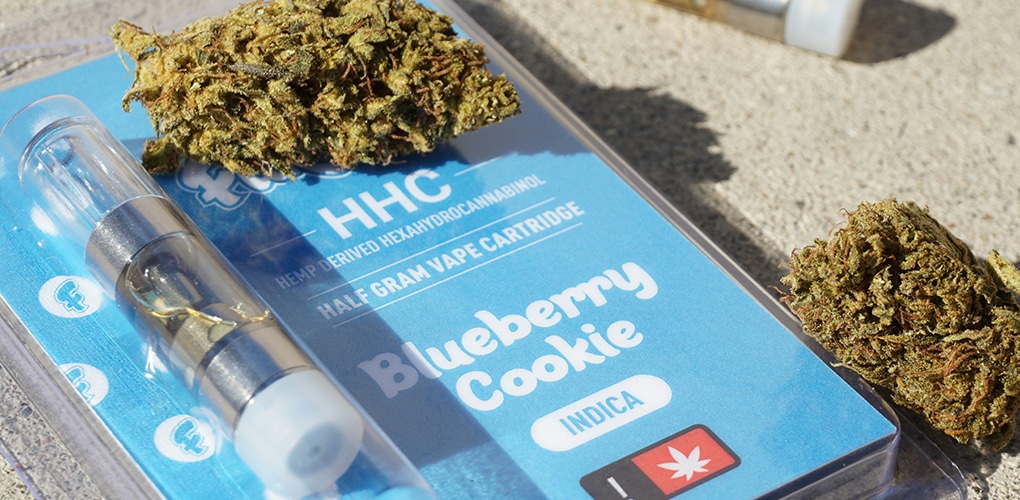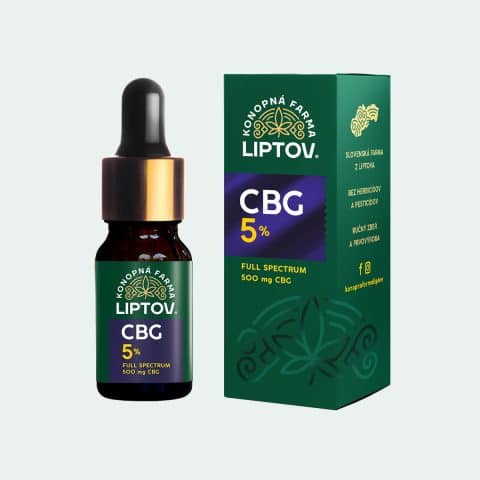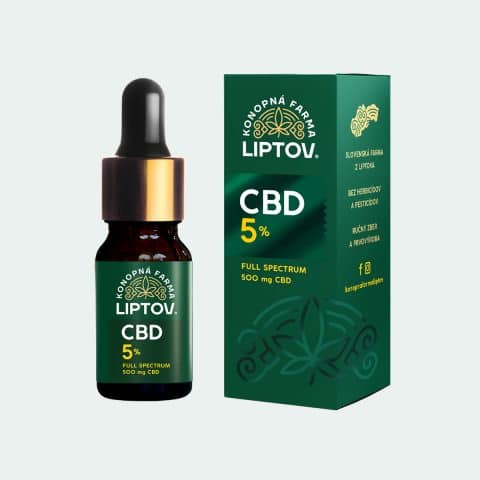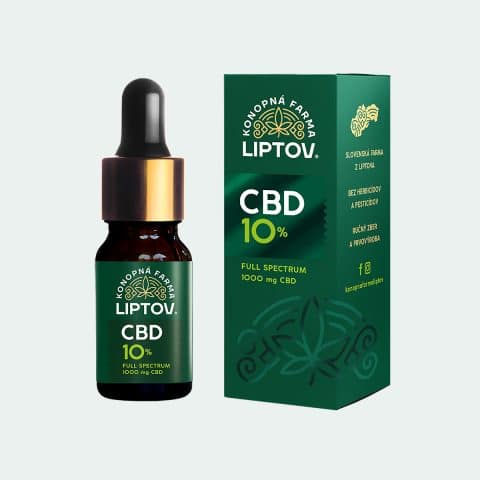HHC – what is it and what are its effects?
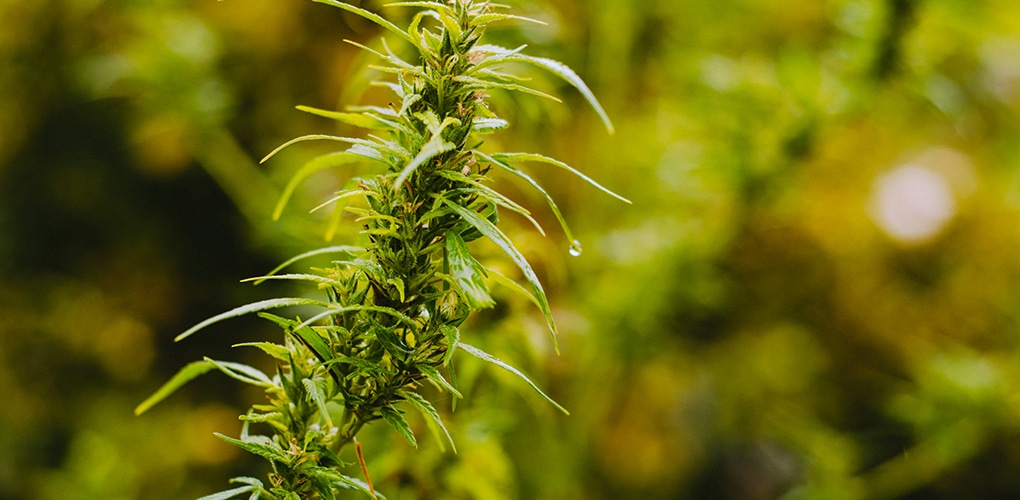
In recent years, we have seen constant developments in the field of cannabinoids and their various derivatives. And what is HHC? You may have asked yourself this question right away when you saw the headline. And if you’re interested in more in-depth what this complex name means, what its effects are, and also HHC vs THC, this article will tell you more about HHC.
What is HHC
And not to bore you anymore, you will find out what HHC is in this section. By its full name, it is specifically Hexahydrocannabinol or in our case Hexahyddrocannabinol. It is one of the many cannabinoids found in technical cannabis. It is almost identical to THC, yet they differ in some ways, but you can read about that below in the HHC vs THC section itself. It is a compound that belongs to the group of psychoactive substances that can be found in cannabis. However, unlike THC, HHC is present in the cannabis plant in very small quantities and it is for this reason that HHC is produced synthetically.
How HHC is formed
In order to tell you more about how the HHC comes into being, we need to dig a little bit into the past, and introduce you to how the HHC came into being in the first place.
Behind all this is Roger Adams, who, among other things, isolated and invented CBD. And how did Adams actually invent HHC? When hydrogen atoms were added to delta-9 THC, a chemical process called hydrogenation took place, which actually converted THC into hexahydrocannabinol (HHC).
For those familiar with chemical terms, the word hydrogenation is nothing new. However, for everyone else who is unfamiliar with the term, hydrogenation is actually a chemical process in which molecules of compounds, most often organic compounds, combine with hydrogen atoms to form new compounds. This process can change the chemical properties of the original substances. However, this chemical reaction is not only applied to the production of cannabinoids, but also to many other manufacturing processes. For example, also in the food industry, where a fat (such as oil) is transformed from a liquid state into a solid form or at least a thickened form (such as in the case of margarine). Therefore, the process of hydrogenation of fats is sometimes also called the solidification process.
HHC vs THC
We have already told you what HHC is. And we also outlined in the introduction that HHC is very similar to THC. But what are the differences between the two? In this HHC vs THC section, we’ll explain all the main differences between these cannabinoids.
HHC (hexahydrocannabinol) and THC (delta-9-tetrahydrocannabinol) are two different chemical compounds derived from cannabinoids. THC is the main psychoactive component of cannabis and is responsible for most of the psychoactive effects. HHC, on the other hand, is the product of the hydrogenation of THC, where hydrogen atoms are added to the THC molecule. HHC has a different chemical structure and may have different effects, although some of them may be similar to THC. Hydrogenation can change the properties of a substance and affect its biological effect. This is what makes HHC more stable compared to THC. This means that it can be stored for much longer. In addition, HHC is less susceptible to oxidation and has a higher resistance to heat and UV rays compared to THC.
THC vs HHC, in terms of research says that THC has been extensively researched, and is widely studied for its medicinal effects. Conversely, HHC is currently less researched and therefore there is less information on its biological effects and potential benefits or risks.
HHC vs THC in terms of the actual effects on the human body says that they are quite similar. For example, we’re talking about different perception, feelings of euphoria, relaxation and stimulant effects, which are the complete opposite of the non-euphoric and non-psychoactive effects that CBD exhibits. If you are interested in learning more about CBD and its effects, we have covered this topic separately in this article, What is Cannabidiol (CBD) and what are its effects. However, as we said, HHC has not yet been studied enough to confirm its health effects.
Effects of HHC on humans
As we have already mentioned HHC vs THC is pretty much the same and thus it is debated that their effects on the human body may also be very similar. Well, based on that information, and given that THC has been studied and is said to have inflammatory effects, analgesic and antidepressant effects, or anti-nausea effects, it is thought that the effects of HHC will be very similar.
However, it is difficult to say, and in connection with the beneficial effects on humans, we can only speak the fact in some theoretical rather than practical terms, since what is HHC has not yet been 100% studied at all.
However, in 2011, a study was conducted that showed that certain synthetic variants of hexahydrocannabinol (HHC) effectively limited and slowed the growth of tumors that were caused by breast cancer cells. In 2007, Japanese scientists published a paper describing the remarkable ability of HHC to block pain sensation in mice. However, it is too early to say whether HHC has significant potential as a therapeutic agent.
HHC and its side effects
In this case, it is again assumed that the side effects of HHC are very similar to those of THC. Well, if we go by this statement, we can say that the side effects of HHC are, for example – anxiety, confusion, difficulty in coordination, dry mouth, increased heart rate, low blood pressure, memory loss, red eyes, slower reaction times, fatigue or, on the other hand, insomnia.
And as we have outlined several times that HHC is not yet sufficiently researched, we do not recommend that you consume this substance. If you’re looking for a cannabinoid that actually has a lot of beneficial effects on the human body, and doesn’t have serious side effects, you should definitely reach for CBD oils that are safe and beneficial for humans.
Is HHC legal?
At the time of writing this blog article, HHC has not been banned in any way. HHC was commonly available in vending machines, for example in shopping malls where teenagers had access to it. Because this substance is not well researched and is very similar to THC (which is also not legal in Slovakia and the Czech Republic), it has come under the radar of many.
However, according to the latest data, there are progressive discussions to add this substance to the list of narcotic drugs and psychotropic substances. This proposal has been submitted by the Ministry to the legislative process and is currently undergoing an inter-ministerial comment procedure. It is therefore expected that this substance will be on the list of narcotic drugs and psychotropic substances, making it illegal on our territory.
How can I take HHC?
As for how to take HHC, there are several methods. People can choose between consuming HHC oil, where they directly drip the product under their tongue, or you can find it in the form of sweets. Another option is to use liquids in vaping devices, where you can inhale HHC. Some people may also prefer to consume HHC flowers directly. However, it would be advisable to get information on the correct dosage and possible effects before each use.
However, in relation to the use of HHC, we would again urge you to avoid this cannabinoid in favour of the well-known, well-researched CBD oil or CBG oil, which has a number of benefits for a range of health conditions.
Sources:
- https://pubmed.ncbi.nlm.nih.gov/20950604/
- https://www.researchgate.net/figure/Antinociceptive-effects-of-9a-OH-HHC-and-8-OH-iso-HHC-in-mice_tbl1_225788188
- https://www.healthline.com/health/does-hhc-get-you-high
Products in the article
-
Product on saleCBG oil 5% full spectrum31,84 €
32,00 € -
Product on saleCBD oil 5% full spectrum28,86 €
29,00 € -
Product on saleCBD oil 10 % full spectrum – premium45,77 €
46,00 €
